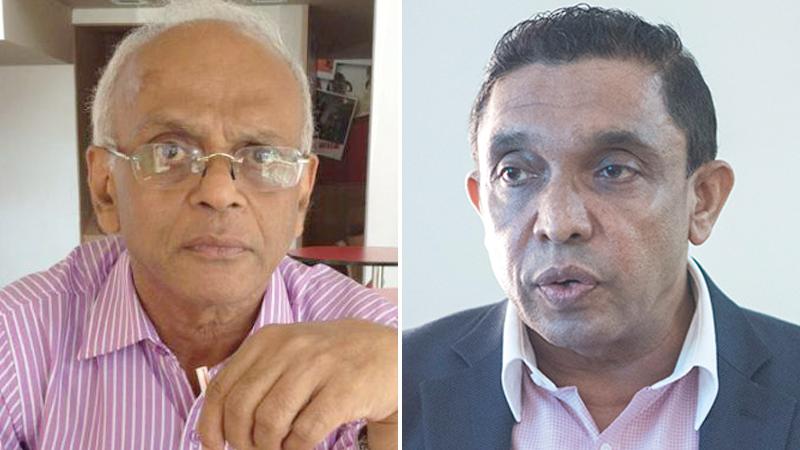
The future Head of State and his or her government must cast aside short-term petty and popular programs focused on addressing issues of the moment and instead focus on long-term strategies to develop competencies through a knowledge and technology based economy, if the country is to get over its economic woos and achieve prosperity, economists said, urging voters to give priority to policies and not persons.
With less than a week to go for a decisive election that will determine the fate of the country, no clear strategies have been presented by most of the candidates to salvage the economy which is in shambles. Former Central Bank Deputy Governor W.A. Wijewardena said the manifestos of the candidates of the major party address short-term issues and does not focus on long-term solutions that the country needs to get over its problems particularly those faced by the economy.
“The future President has to think long and not short-term, which has been the thinking since gaining Independence. We have never being able to reach the full potential to develop the country because of short-sighted policies,” Wijewardena said.
He said except on the fiscal and monetary fronts, Sri Lanka has been facing economic slowdown since 2013 with a decline in government revenue, exports and foreign reserves. Short-term polices have only aggravated the situation resulting in the economy being what it is today, at a very unsatisfactory growth rate.
Professor of Economics, University of Colombo, Sirimal Abeyratne said the primary focus of the presidential candidates has been addressing poverty reduction which should be commended. Sri Lanka has been poor far too long. There needs to be strategies to pull the majority out of poverty. But the question is how do we do that. Granting subsidies, which has been the case since Independence, is not a solution for poverty alleviation.
“Continuing to grant subsidies will only aggravate the issue. No one has come out of poverty through subsidies. If at all one has come out of poverty it is due to new income sources and jobs that have helped create wealth for people and the country. To do that there has to be long-term sustainable polices to boost local and foreign investments and market access for what we produce,” Prof. Abeyratne said.
Senior Lecturer, Department of Accounts, University of Sri Jayawardenepura, Dr. Anil Jayantha Fernando said the focus on any leader should be long-term strategies based on developing competencies through human capital development and global supply chains.
“The strategies also should help find opportunities and markets in the global supply chain. Today, world economies are driven primarily by knowledge and digital technology. No economy could develop undermining these two factors. The future leader must focus on a knowledge and digital economy if the country is to achieve economic growth,” Dr. Fernando said.
The Sri Lankan economy is forecast to recorded a growth of less than 3 percent this year and pick up marginally in the next, according to predictions. The IMF, in its World Economic Outlook, revised down its forecast from 3.2 percent to 3 percent this year.
